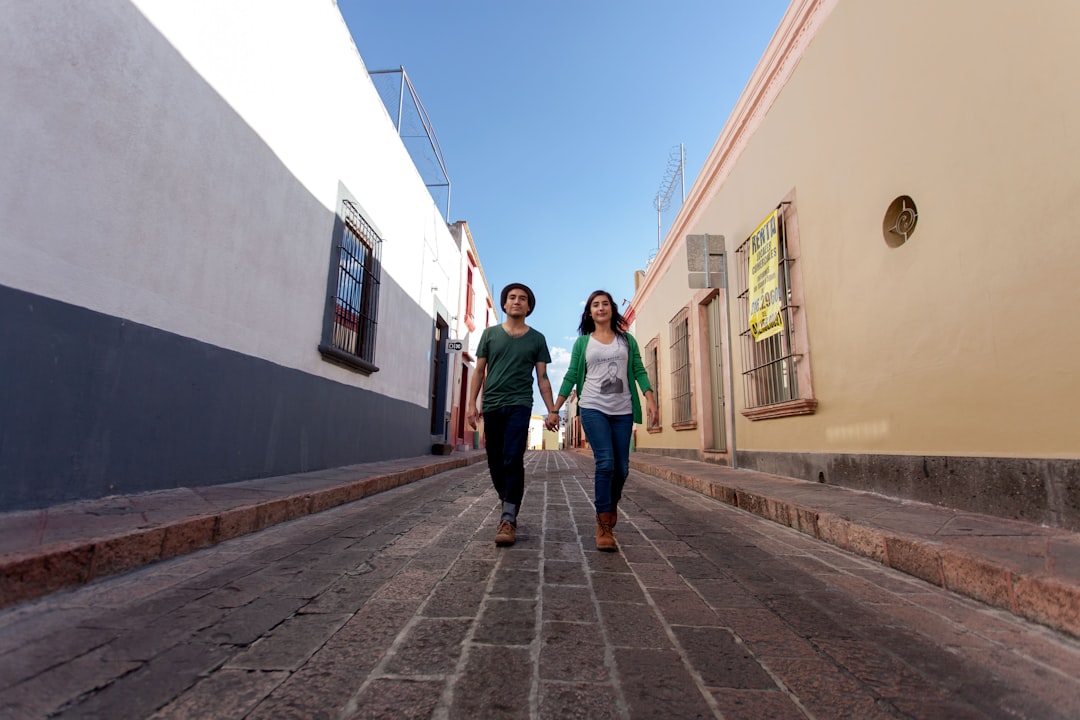What is it about?
Tourism Destinations: Have you noticed how tourism destinations tend to have a particular feel to them? They are not quite like anywhere else. This research looks at what it is which makes them unique and why this is something worth celebrating and protecting. Tourism Industry Dynamics: The nature of competing for, hosting and entertaining visitors means that tourism destinations tend to be entrepreneurial, multicultural and liberal. Economic, social and environmental landscapes are all influenced by the tourism industry through demand for certain facilities, infrastructure, services and entertainment. Hosts: The indigenous inhabitants of tourism destinations have an opportunity to share their natural and cultural resources with outsiders. Doing so can be a source of pride, and profit. Indigenous crafts, traditions, events and the like may be revived and reinterpreted to exploit tourist demand and as local people become interested. The demands of tourists can also be intrusive however, and local inhabitants may develop coping and adaptation strategies to minimise and avoid. Guests: Tourists bring their own particular cultural backgrounds and interests with them to destinations. They also enter into temporary ‘tourist cultures’ whilst on holiday; typically more hedonistic. Many visitors are also keen to get involved with local communities and become active participants in developing events and attractions. Tourists thus bring new ideas, perspectives and ways of doing things that can influence local culture, at the same time as they gain in reflexivity and consciousness as a result of being exposed to new cultures through travel. Tourism Culture: It can be seen that hosts and guests and their respective cultures interact with each other within tourism destinations. These interactions potentially lead to a fusion of host and guest cultures, leading to something new and unique. There may be exchanges of ideas, relationships and finances. In turn changes in ways of doing things can be stimulated; such as new business entrepreneurship. And cultural creativity can be triggered as residents and visitors stimulate new ideas and outlets. A new ‘tourism culture’ emerges from this melange. Tourism Sustainability: Tourism culture is an example of the potential for the tourism industry to bring positive and diverse economic, social and environmental impacts to a locale. It is indicative of the successful integration of and mutual benefits for hosts and guests. And it illustrates the dynamic cultural evolution present in destinations, influenced by industry, visitors and their hosts.
Featured Image
Why is it important?
These findings are important because tourism is often overlooked or negatively characterised as an industry. Assumption is that tourists impact upon guests, but that this is a two way process has limited acknowledgement. Through building a definition of tourism culture this research offers a more holistic and balanced perspective that helps to highlight and explain how tourism destinations have a unique culture of their own.
Perspectives
I grew up on the Isle of Man and this has motivated my research looking at the role and impacts of tourism upon places. I have been able to experience first hand the cultural dynamism which tourism contributes. An aim of mine is to review what makes up tourism culture so that this can be appreciated and valued.
Dr Brendan Canavan
University of Huddersfield
Read the Original
This page is a summary of: Tourism culture: Nexus, characteristics, context and sustainability, Tourism Management, April 2016, Elsevier,
DOI: 10.1016/j.tourman.2015.10.002.
You can read the full text:
Contributors
The following have contributed to this page










